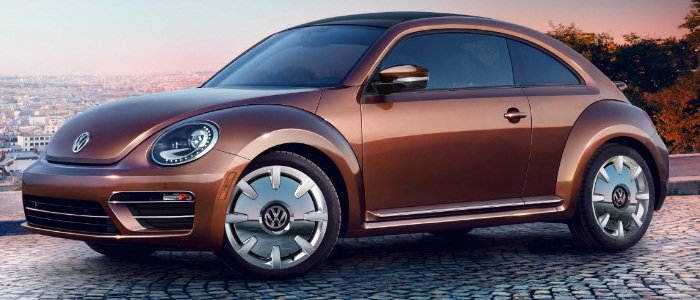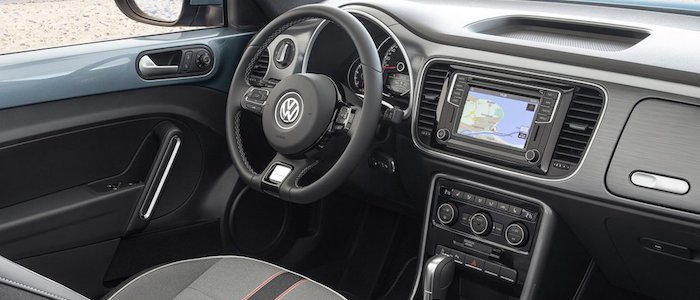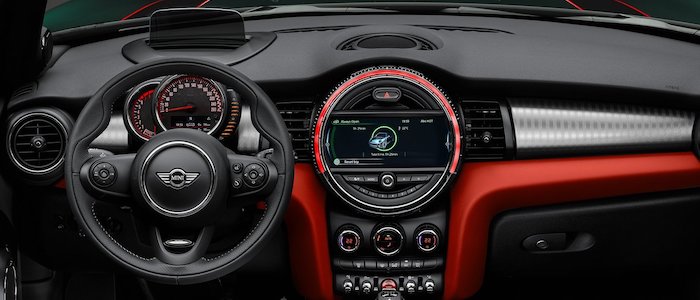Compare two cars
Compare any two cars and get our Virtual Adviser™ opinion
Dimensons & Outlines
Check vehicle history
Engine
Performance (manual gearbox)
Performance (automatic gearbox)
Expenses
Virtual Adviser's™ opinion
We are here considering two somewhat similar cars, but we can't deny some of the obvious differences. For a start, they are not even classified under the same segment, with the Volkswagen being a city car and the Mini representing micro car vehicle class. The first one has a Volkswagen-engineered powertrain under the hood, a 4-cylinder, 16-valves 110hp unit, while the other one gets its power and torque from a 4-cylinder, 16-valves 170hp engine designed by BMW.
SafetyA starting point here would be to take a look at the results from European New Car Assessment Programme (Euro NCAP) tests which were performed on both of the cars, with the same number of safety stars gained in the process. Moving further on, let's take a closer look at some additional safety-related facts. The first vehicle is a city car and that gives it a marginal advantage over the micro car competitor, at least that's what statistics show. Furthermore, if we'd like to consider vehicle mass in this context too, which we definitely should, the German car offers a considerable difference of 15% more metal.
ReliabilityReliability is not the best thing to consider on the make level, but it is worth mentioning that both brands display similar results in faults and breakdowns, at least on all of the models level. These are the results of an independent reasearch, while our visitors describe reliability of Volkswagen with an average rating of 4.2, and models under the Mini badge with 4.1 out of 5. Unfortunatelly, I don't have enough insight that would allow me to comment in more details on the specific models level. That apart, owners of different cars powered by the same engine as the German car rank it on average as 4.9, while the one under the competitor's bonnet gets 3.0 out of 5.
Performance & Fuel economyMini is way more agile, reaching 100km/h in 3.7 seconds less than its competitor. In addition to that it accelerates all the way to 227 kilometers per hour, 45km/h more than the other car. When it comes to fuel economy things look pretty much the same for both cars, averaging around 4.2 liters of fuel per 100 kilometers (68 mpg), in combined cycle.
Verdict
Volkswagen appears just a bit more reliable, although the difference is truly marginal. The most important thing when deciding between any two vehicles should always be safety, both passive and active. In my opinion, everything taken into account, the German car offers much better overall protection, which launches it ahead of the other contender. From there things take a different direction, with Mini outracing its opponent in any situation possible, making it better choice for boy racers. To make things even better, it consumps less fuel! It's not difficult to say then that if I'd need to make a choice, it would definitely be the Mini. Nevertheless, let's not forget that people have different preferences and needs, so what really counts is your personal feel. I'm only here to help. I suggest you spend two more minutes in order to find out which car, based on your needs and budget, would be picked by the virtual adviser™, among more than 12.000 different ones in our database.

































